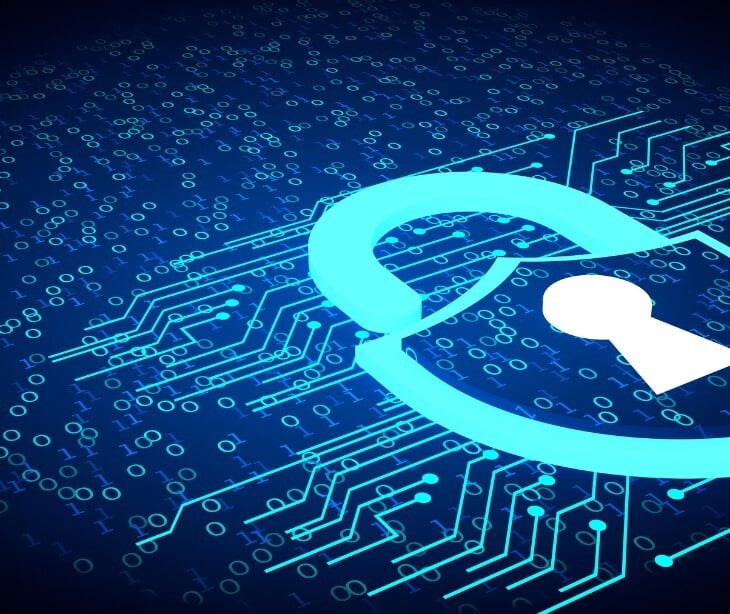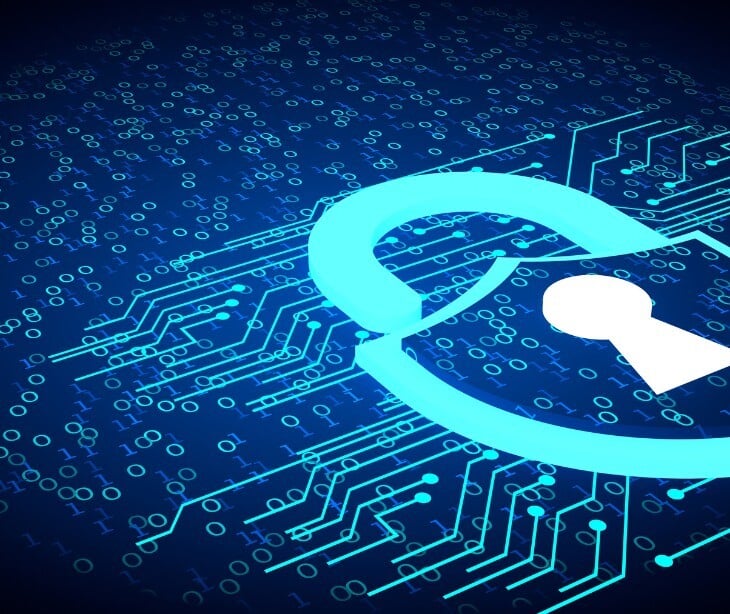3 min read
Cumberland County Hospital breach exposes PHI of over 36,000
Lusanda Molefe Jul 1, 2025 5:05:20 PM

Cumberland County Hospital (CCH) in Burkesville, Kentucky, has announced a data breach that compromised an extensive range of personal and protected health information (PHI) for 36,659 individuals, including both patients and employees. The incident stemmed from a prolonged network intrusion that lasted over a month before being detected.
What happened
According to the official notice from the hospital, CCH discovered unauthorized access to its computer system on April 3, 2025. The hospital states it "immediately shut down all computers, disabled data sharing connections, contacted law enforcement, and began investigating." An investigation, conducted with the help of third-party cybersecurity experts, confirmed that a threat actor had unauthorized access to its computer network for approximately six weeks, from February 21, 2025, to April 3, 2025. The hospital's notice clarified that while its electronic medical record (EMR) system was not accessed, other files containing sensitive information were compromised.
What's new
Cumberland County Hospital has confirmed that 36,659 individuals were affected. The breach exposed an unusually broad and sensitive set of data, which varies by individual.
For patients, compromised information may include: demographic information (name, date of birth, address, phone number, email address, race/ethnicity), Social Security number, medications, diagnoses, treatment notes, dates of service, medical record number, health plan number, and claims/billing information.
For employees (current and former), the breach could also include: driver’s license, birth certificate, background check information, W-4s and W-2s, and bank account numbers.
The hospital is offering 12 months of complimentary identity monitoring services through Kroll to affected individuals. Several law firms, including Federman & Sherwood, Strauss Borrelli PLLC, and The Lyon Firm, have launched investigations into the breach for potential class action litigation.
Why it matters
This is a severe breach due to the comprehensive nature of the stolen data for both patients and employees. The exfiltration of W-2s, bank account numbers, birth certificates, and Social Security numbers from employees creates a high risk of complete identity takeover. For patients, the combination of medical diagnoses, treatment notes, and personal identifiers exposes them to medical identity theft, fraud, and significant privacy violations.
The intrigue
The period the attacker was inside the network before discovery is a significant security concern. Furthermore, the hospital's official notice specifies that the core EMR system remained secure while "other files on our computer system that contain personally identifiable information" were accessed, pointing to potential security inconsistencies across the hospital's network architecture.
What they're saying
In the official notice signed by CEO Richard Neikirk, the hospital stated, "We take the confidentiality and security of our patients’ information very seriously and regret any inconvenience this incident may have caused. We trust that the services we are offering demonstrate our continued commitment to your security and satisfaction."
Law firms investigating the breach are focusing on whether the hospital had adequate security measures to prevent such a prolonged intrusion. Strauss Borrelli PLLC noted the compromise of both "sensitive personal identifiable information and protected health information," while Federman & Sherwood is investigating if the hospital "fulfilled its legal obligations to safeguard patient data."
Looking ahead
Affected patients and employees are strongly advised to enroll in the offered Kroll identity monitoring services and to be vigilant. Employees, in particular, should monitor their financial accounts, tax filings, and credit reports for any sign of fraudulent activity.
This incident serves as a lesson for healthcare organizations on the importance of securing all data repositories across their network, not just the primary EMR system.
FAQs
What should affected patients and employees do immediately?
All affected individuals should carefully review the notification letter from Cumberland County Hospital, enroll in the free Kroll credit monitoring service, and place a fraud alert or security freeze on their credit files. Employees whose W-2 and bank information were exposed should be especially vigilant about monitoring their financial accounts and watching for fraudulent tax filings.
What is the significance of the EMR system not being breached?
The hospital's notice explicitly states its electronic medical records system was not involved. While this is a positive detail, it indicates that other parts of the network, likely file servers where administrative and other sensitive documents were stored, were vulnerable. This proves that comprehensive cybersecurity must cover all parts of an organization's IT infrastructure.
Why is a breach involving both patient and employee data so dangerous?
This type of breach creates a two-front crisis. Attackers have patient data for potential medical fraud and employee data for direct financial fraud and identity theft. The employee data, which includes tax forms and bank details, is a complete toolkit for criminals to take over an individual's financial identity, making the consequences severe.




